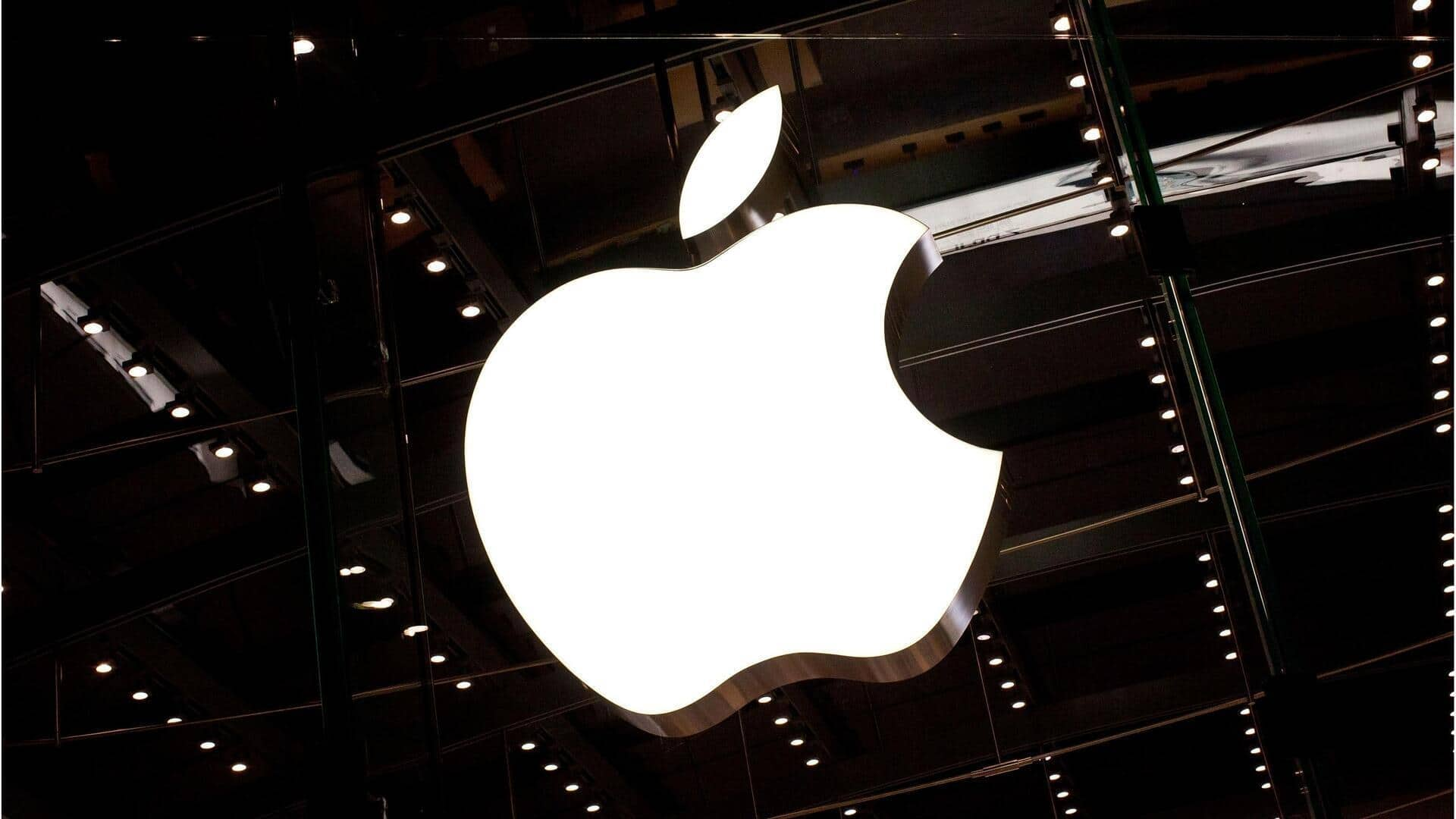
Apple sued over alleged use of conflict-linked minerals
What's the story
A Washington-based advocacy organization, International Rights Advocates (IRAdvocates), has filed a lawsuit against Apple, alleging the company used minerals tied to conflict and human rights abuses in the Democratic Republic of Congo (DRC) and Rwanda. The case was submitted on Tuesday to the Superior Court of the District of Columbia. IRAdvocates asserts that Apple's supply chain continues to include cobalt, tin, tantalum, and tungsten linked to child labor and armed groups in these African countries.
Legal demands
Lawsuit seeks court's intervention to stop Apple's alleged practices
The lawsuit doesn't seek monetary damages or class certification, but asks the court to declare Apple's conduct as a violation of consumer protection law. It also requests an injunction to stop what it calls "deceptive marketing" and reimbursement of legal costs. The IRAdvocates has previously sued other tech companies over cobalt sourcing, but US courts dismissed that case last year.
Supply chain scrutiny
Allegations of smuggling and labor exploitation
The lawsuit alleges that three Chinese smelters, Ningxia Orient, JiuJiang JinXin, and Jiujiang Tanbre, processed coltan believed to have been smuggled through Rwanda after armed groups seized mines in eastern Congo. A study from the University of Nottingham published in 2023 also found evidence of forced and child labor at Congolese sites linked to Apple suppliers.
Denial of wrongdoing
Apple's stance on sourcing practices and audits
Apple has consistently denied allegations of sourcing minerals from conflict zones or using forced labor. The company cites audits and its supplier code of conduct as evidence. In December, Apple said there was "no reasonable basis" to conclude any smelters or refiners in its supply chain financed armed groups in Congo or neighboring countries.
Recycling controversy
IRAdvocates lawsuit questions Apple's cobalt recycling claims
The IRAdvocates lawsuit also challenges Apple's claim that 76% of cobalt in its devices was recycled in 2024. It alleges that the company's accounting method allows mixing with ore from conflict zones. This comes amid concerns over armed groups in eastern Congo using mineral profits to fund conflicts, which have killed thousands and displaced hundreds of thousands.